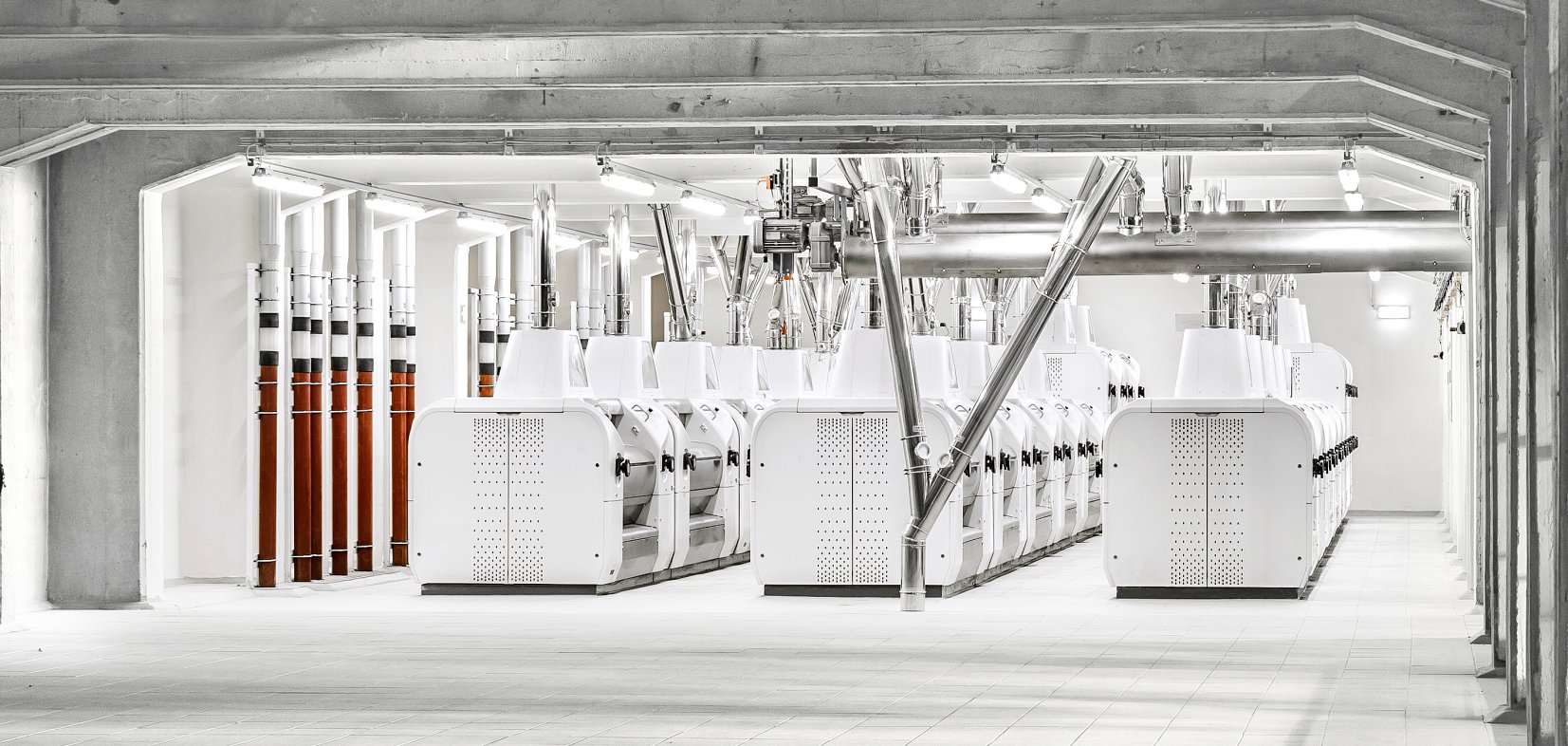Todays' European milling industry combines traditional skills with modern technology to produce quality cereal flours
Supporting Europe's food security and rural economy
Over the past years, the millers have worked hard to ensure continued availability of a staple food like wheat flour - to both consumers and bakers - to feed us all everywhere in Europe. The European flour milling industry employs over 45 000 people and 350 000 indirect labour at European farm level for a turnover of around 15 billion Euro. It is the leading food industry in grain processing, using around 47 million tonnes of common wheat, rye and oats a year to produce around 35 million tonnes of flour on an annual basis.
Supporting Europe's farmers and the economy of rural areas
The sectors employs an estimated 350 000 indirect labour at European farm level due to its local sourcing of home-grown cereals and its central position in the food chain (Source: LEI-Wageningen UR study).
Supplying European consumers with local, safe and quality staple food
About a third of all grocery items on supermarket shelves contain wheat flour – from bread, biscuits, and cakes to soups, sausages and sauces. In the world of food, cereal flour has a central role and is processed locally by flour millers who take care of its safety and quality.
In Europe, a sector of small and medium-sized enterprises (SMEs)
The European flour milling industry has always been producing on a relatively small scale compared to its counterparts. For ex. the average US flour mill produces 13 times as much wheat flour as the average flour mill in Europe.

